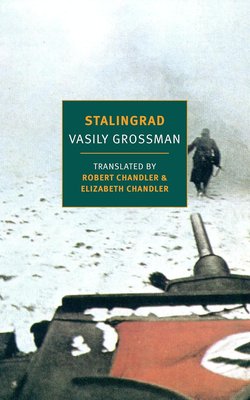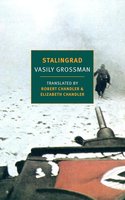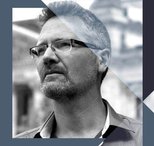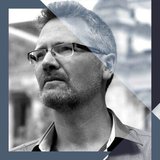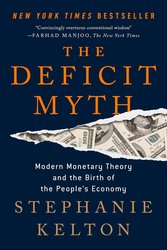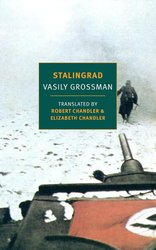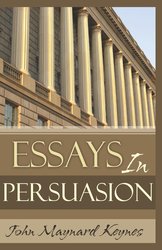Now in English for the first time, t he prequel to Vasily Grossman's Life and Fate , the War and Peace of the twentieth Century. In April 1942, Hitler and Mussolini meet in Salzburg where they agree on a renewed assault on the Soviet Union. Launched in the summer, the campaign soon picks up speed, as the routed Red Army is driven back to the industrial center of Stalingrad on the banks of the Volga. In the rubble of the bombed-out city, Soviet forces dig in for a last stand. The story told in Vasily Grossman’s Stalingrad unfolds across the length and breadth of Russia and Europe, and its characters include mothers and daughters, husbands and brothers, generals, nurses, political activists, steelworkers, and peasants, along with Hitler and other historical figures. At the heart of the novel is the Shaposhnikov family. Even as the Germans advance, the matriarch, Alexandra Vladimirovna, refuses to leave Stalingrad. Far from the front, her eldest daughter, Ludmila, is unhappily married to the Jewish physicist Viktor Shtrum. Viktor’s research may be of crucial military importance, but he is distracted by thoughts of his mother in the Ukraine, lost behind German lines. In Stalingrad , published here for the first time in English translation, and in its celebrated sequel, Life and Fate , Grossman writes with extraordinary power and deep compassion about the disasters of war and the ruthlessness of totalitarianism, without, however, losing sight of the little things that are the daily currency of human existence or of humanity’s inextinguishable, saving attachment to nature and life. Grossman’s two-volume masterpiece can now be seen as one of the supreme accomplishments of twentieth-century literature, tender and fearless, intimate and epic.
